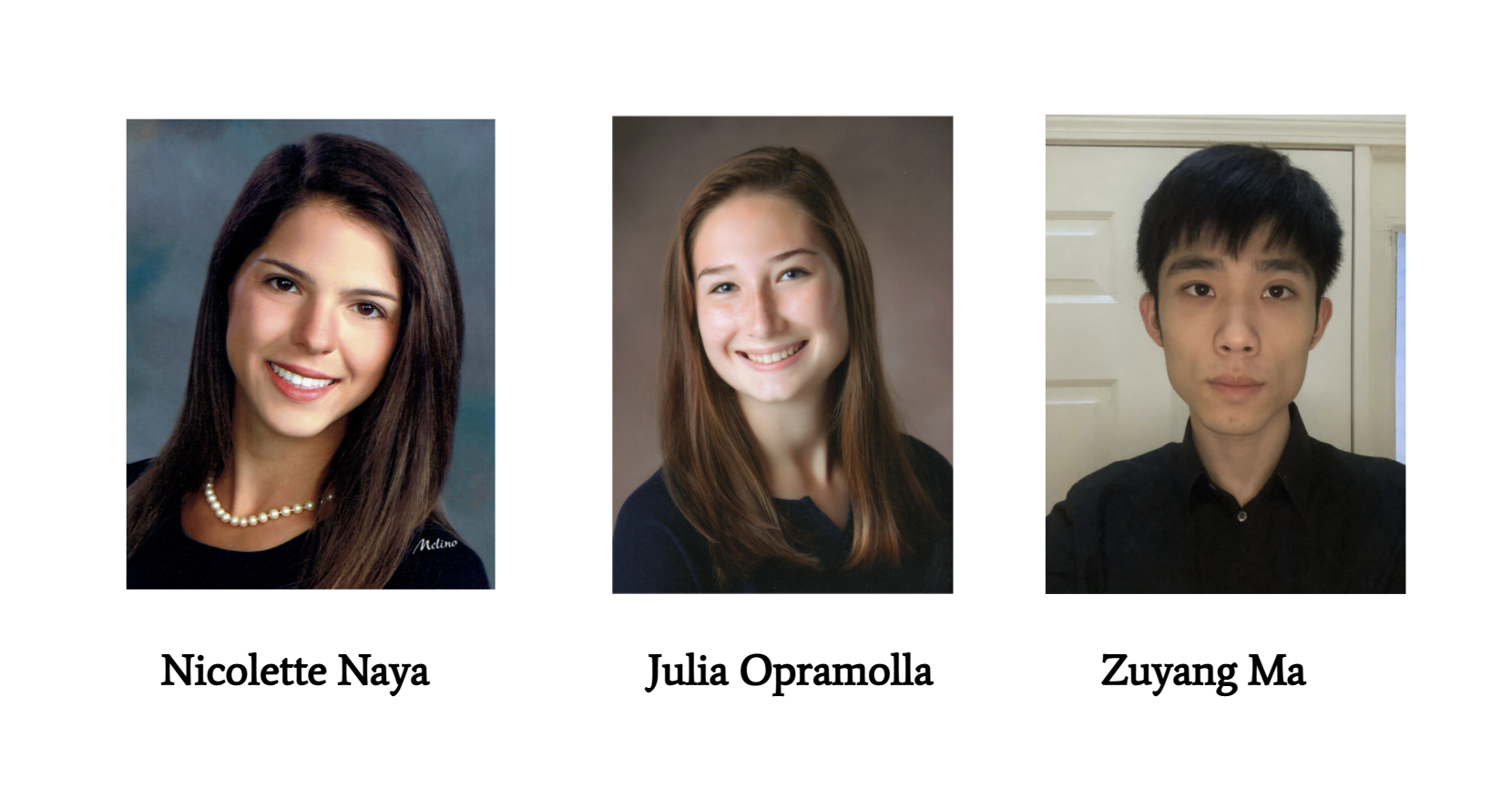
Team 3
Team Members |
Faculty Advisor |
Nicolette Naya |
Dr. Montgomery Shaw Sponsor Other |
sponsored by
![]()
Farrel Pomini, the industry sponsor for this project, creates continuous compounding equipment for the mixing of polymer melts with pigments, fillers, and additives. The rotors of these mixers are coated to improve their longevity and wear resistance. The objective of this capstone project was to design a testing method for determining the adhesion of polymer melts to the coatings used on the continuous compounding mixer rotors as well as to characterize the adhesion between various polyethylene and polypropylene polymers and the hard chrome, C6000SD, and C9000 coatings. Farrel needs the rotor of a continuous compounding mixer to have a coating that minimizes adhesion to the polymer to ensure high productivity. The 2019-2020 UConn Capstone team determined that the adhesion of polymer melts to a coated metal surface can be quantified through the use of a rheometer and DMA (dynamic mechanical analyzer). This year the 2020-2021 capstone team designed a testing procedure for the AR-G2 rheometer. COVID-19 created obstacles for IMS lab use and in-person meetings. The temperature and force limitations of the instrument impacted the testing procedure. To approach this project, a modified testing process utilizing the AR-G2 rheometer was used to analyze the adhesion between various polymer melts and coatings by determining the adhesive force. Temperature, sample area, compression duration, soak time, contact pressure, and the linear rate of removal are all important factors in the procedure. Experiments using the procedure determined a quantitative description of the coatings’ adhesive properties. The final results discovered with the ideal factors aided the evaluation of the adhesion between the coatings and the polymers to ensure the productivity of the continuous compounding mixers.
